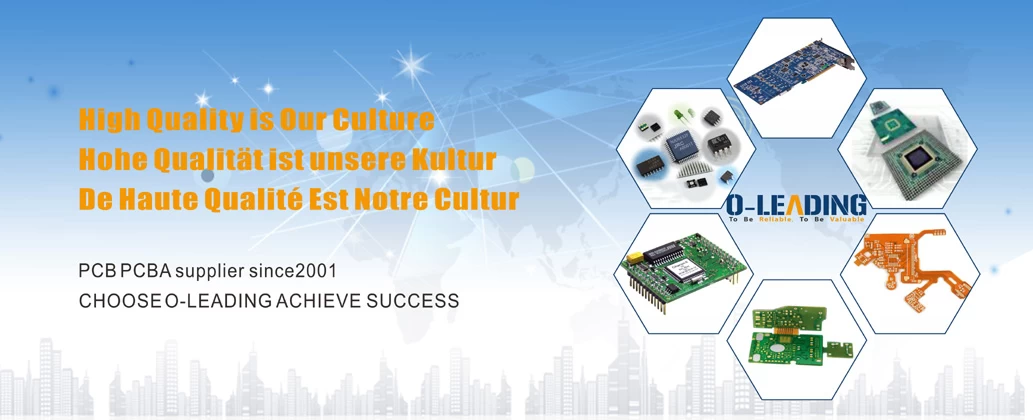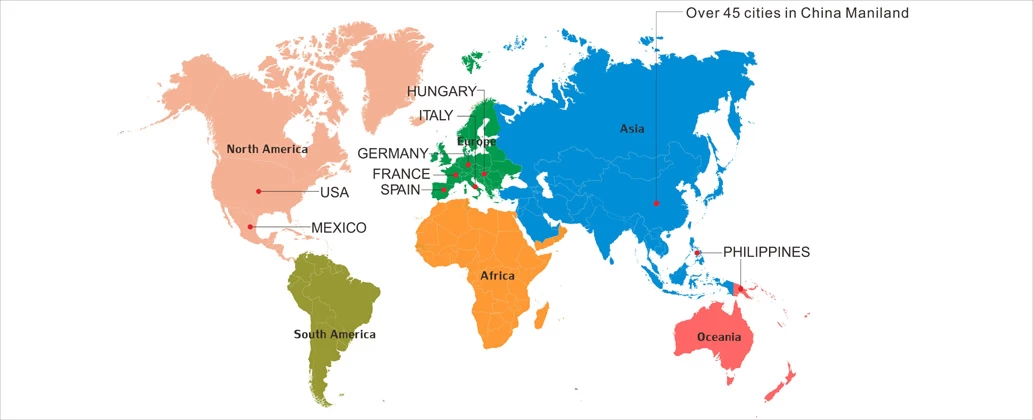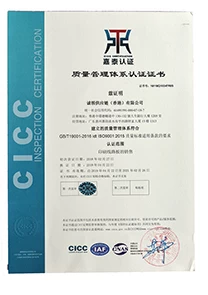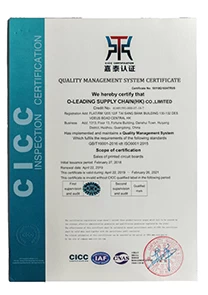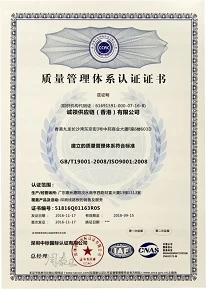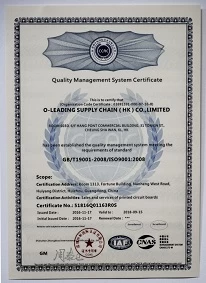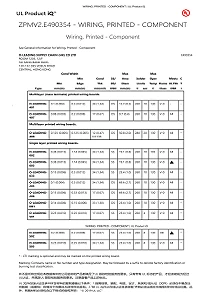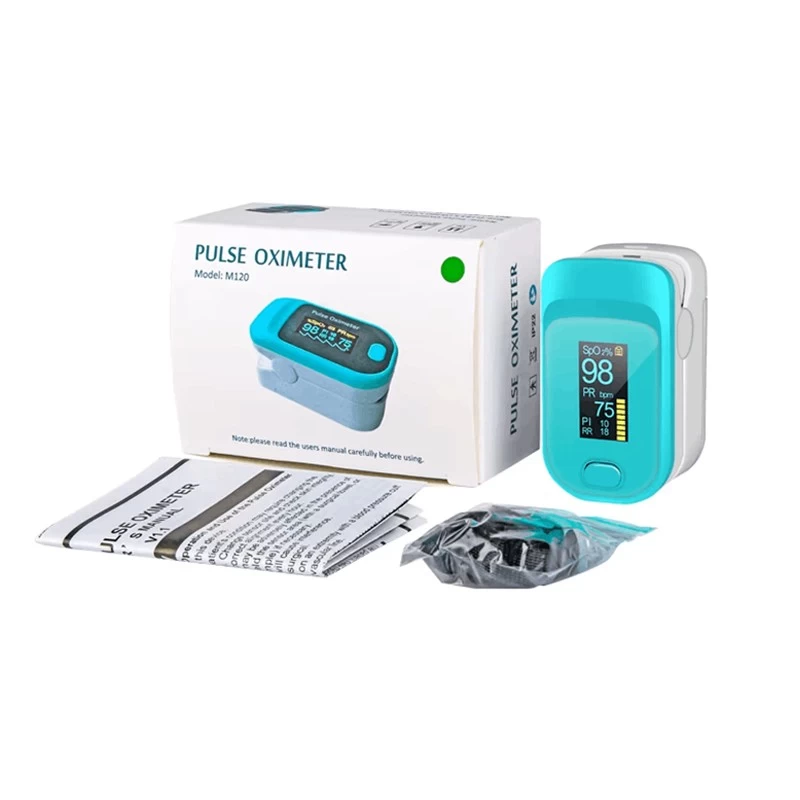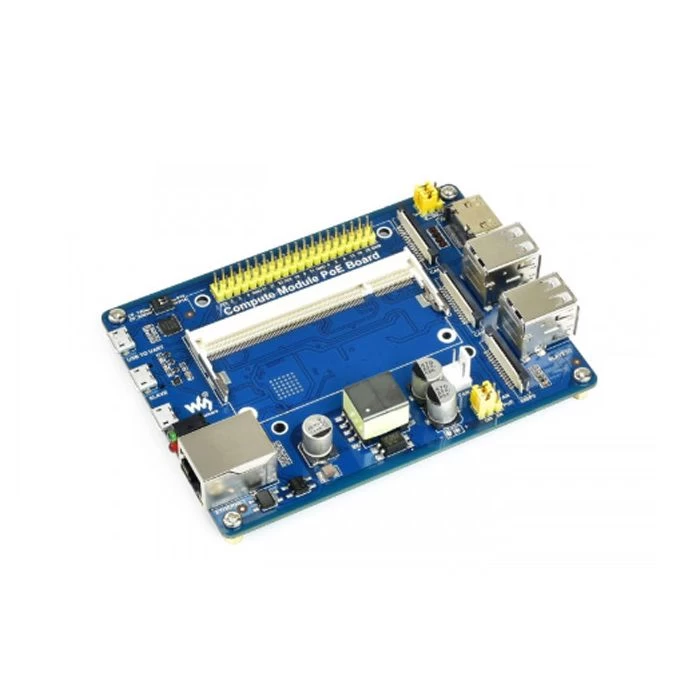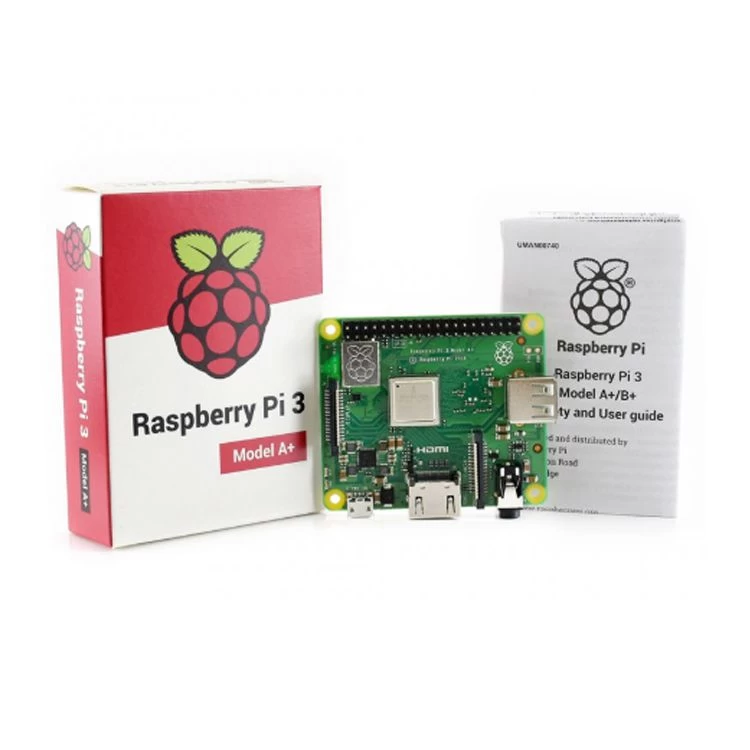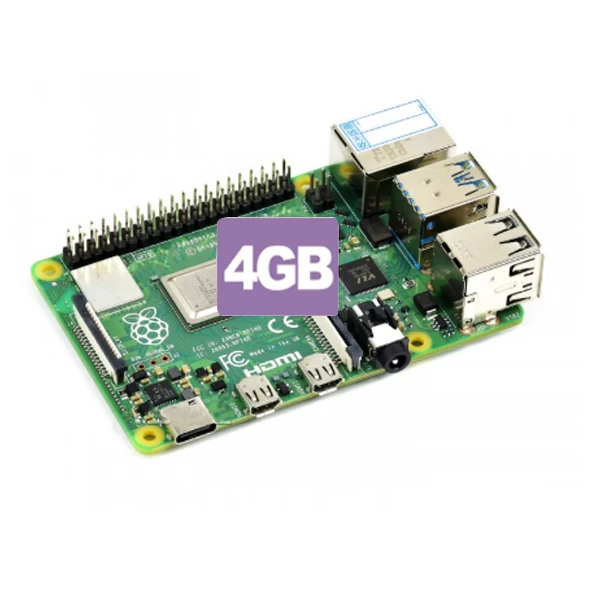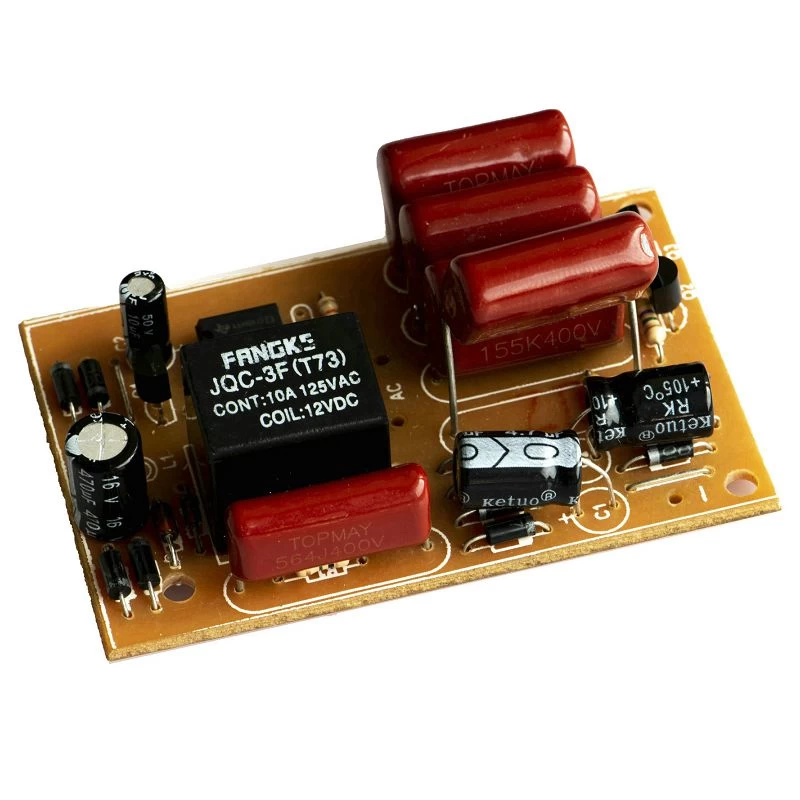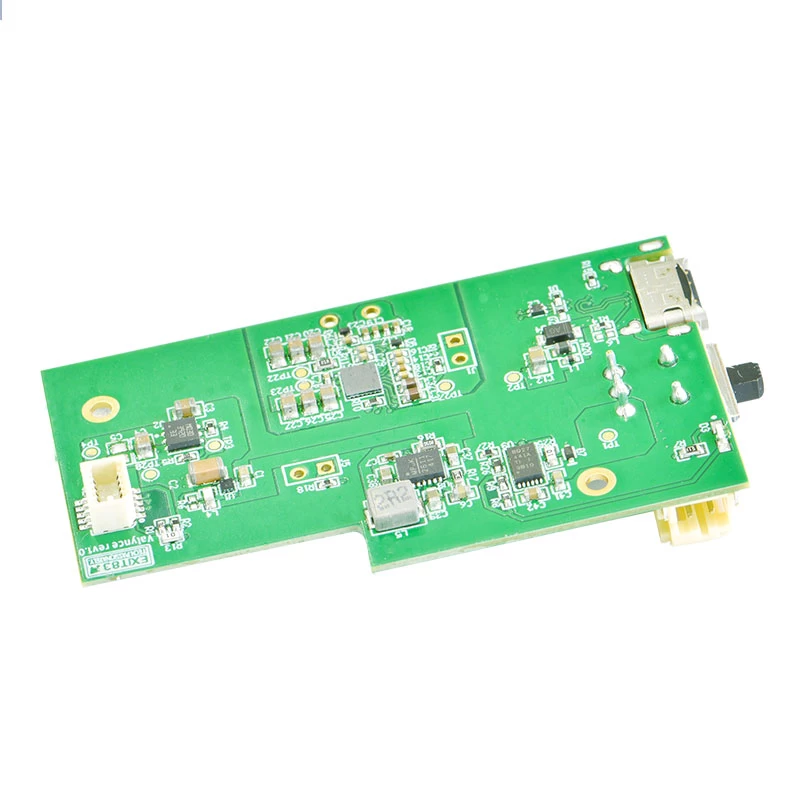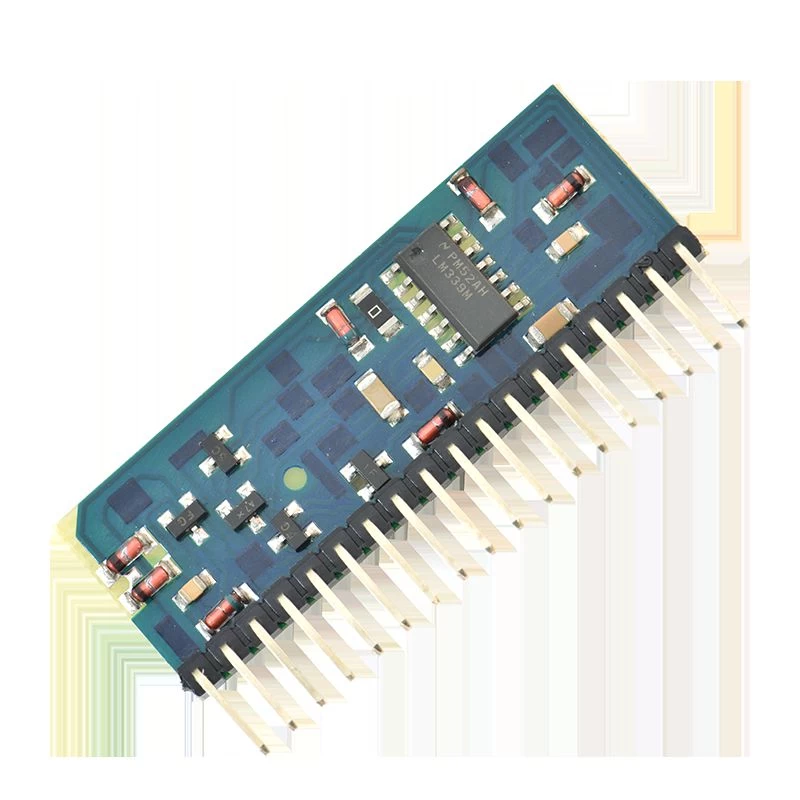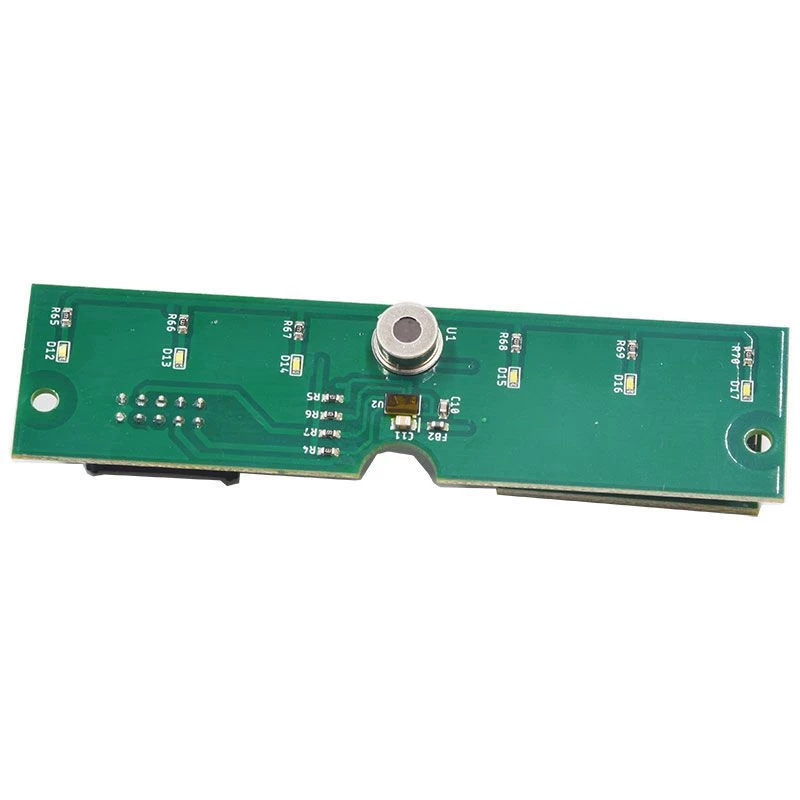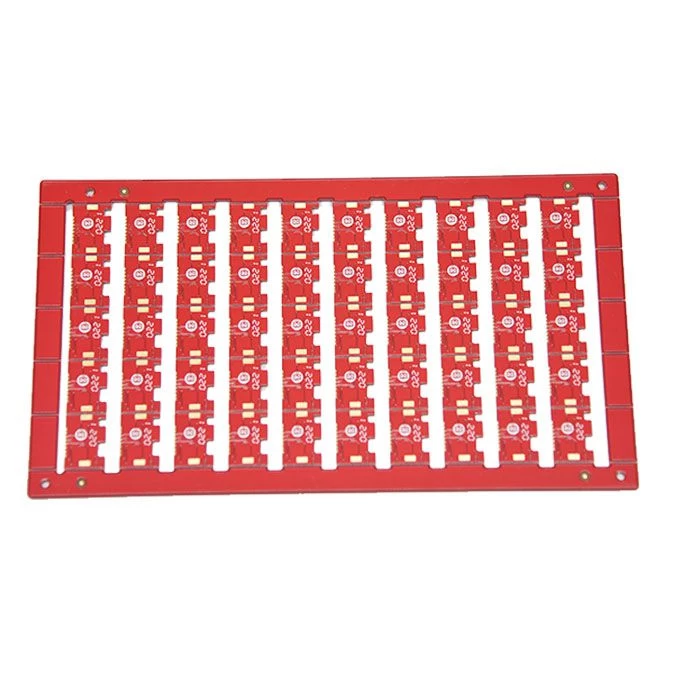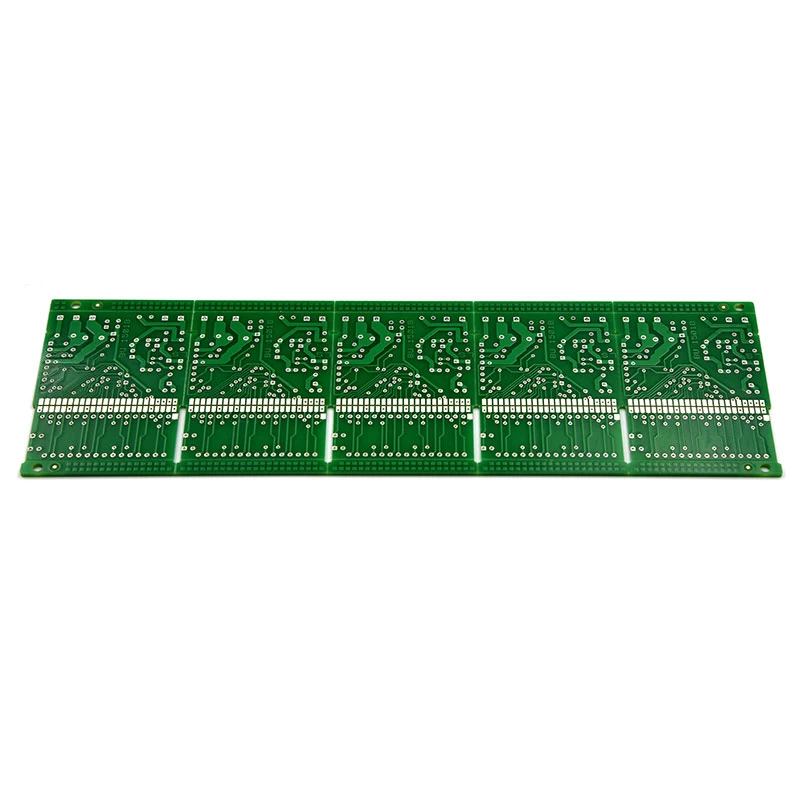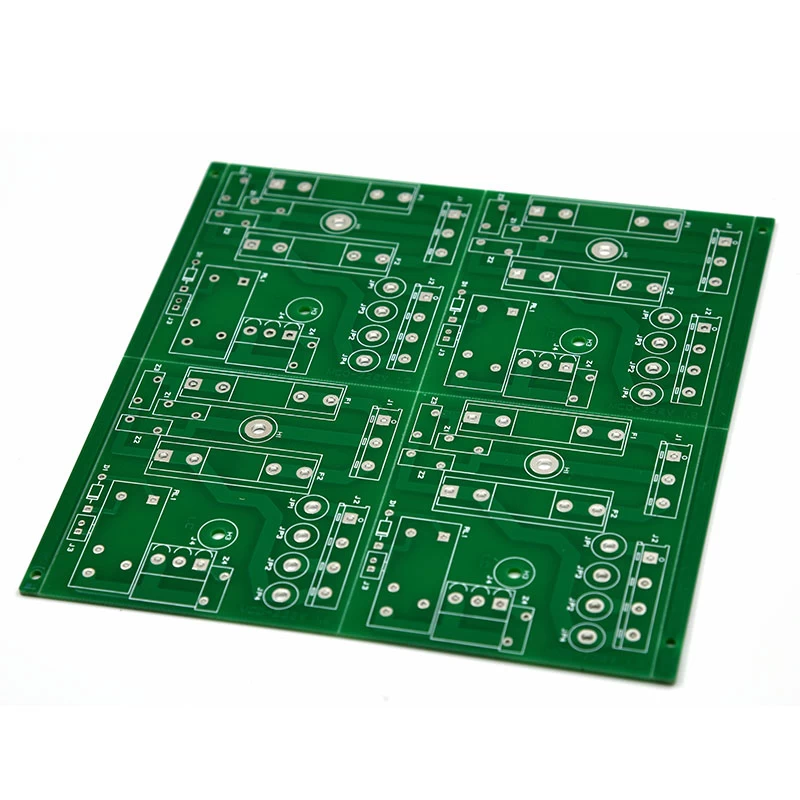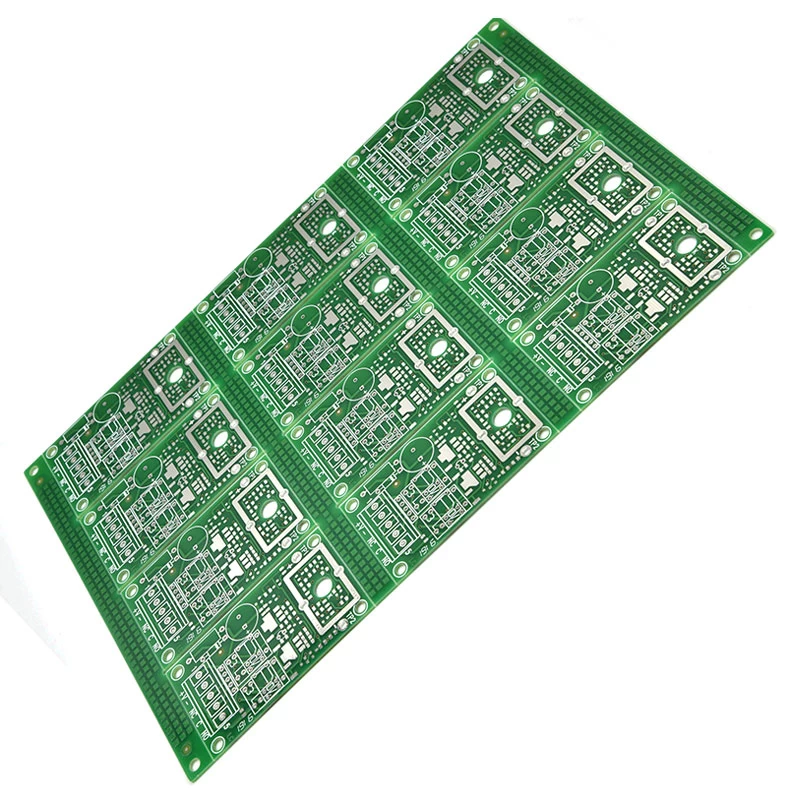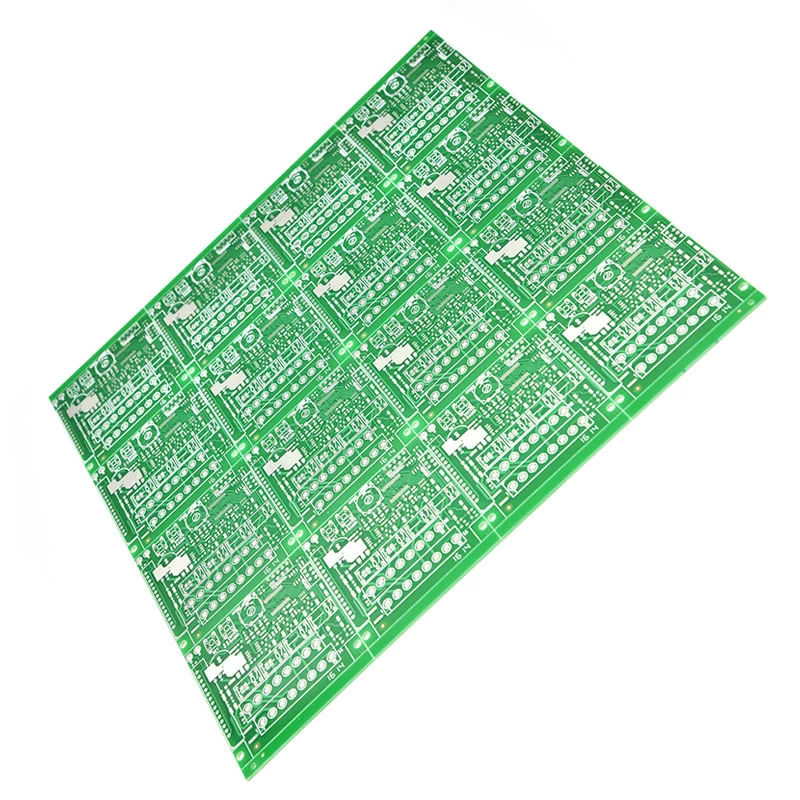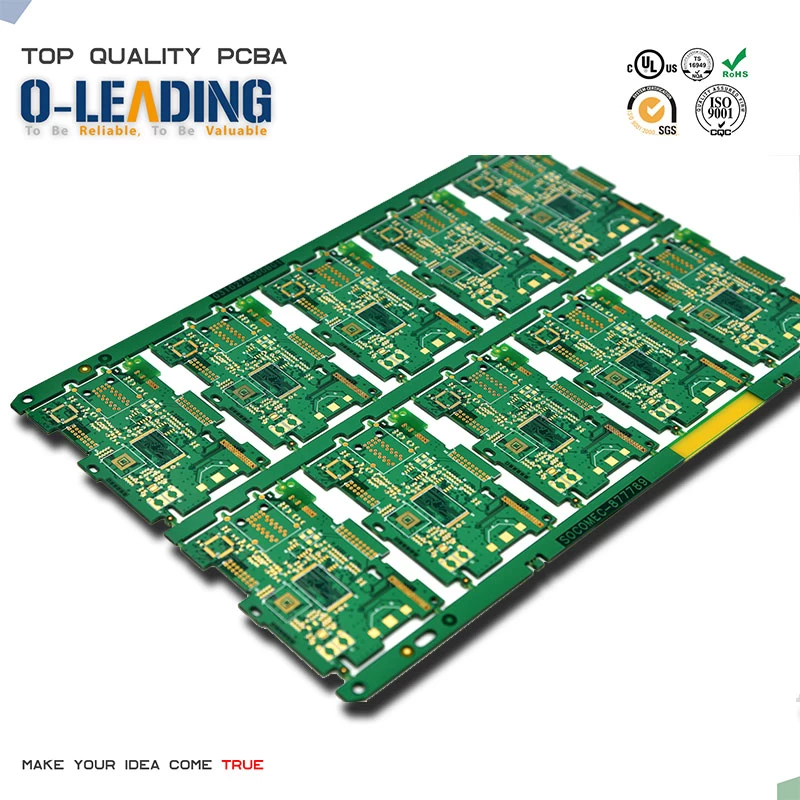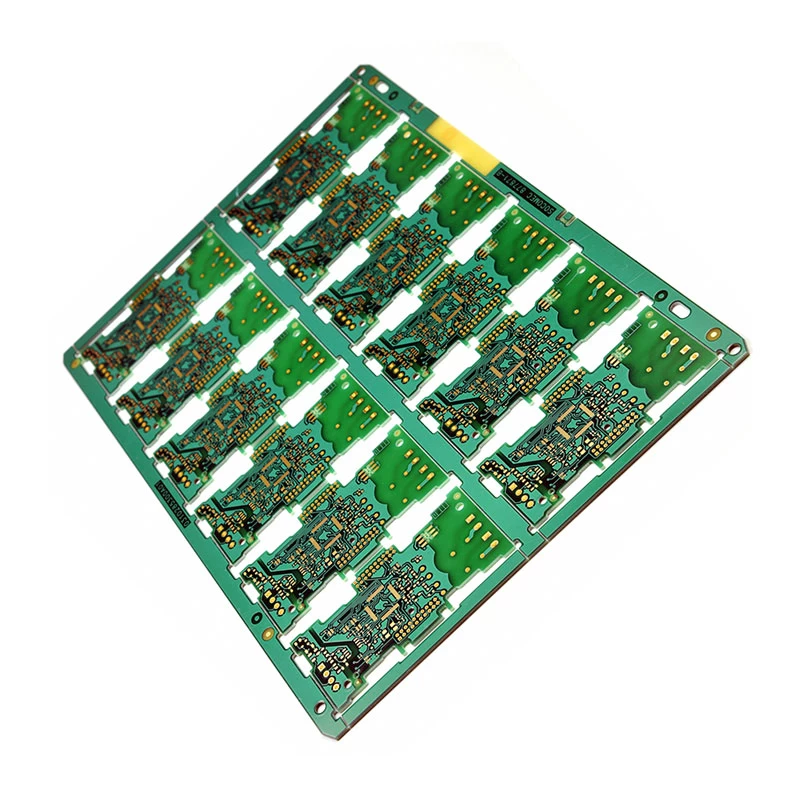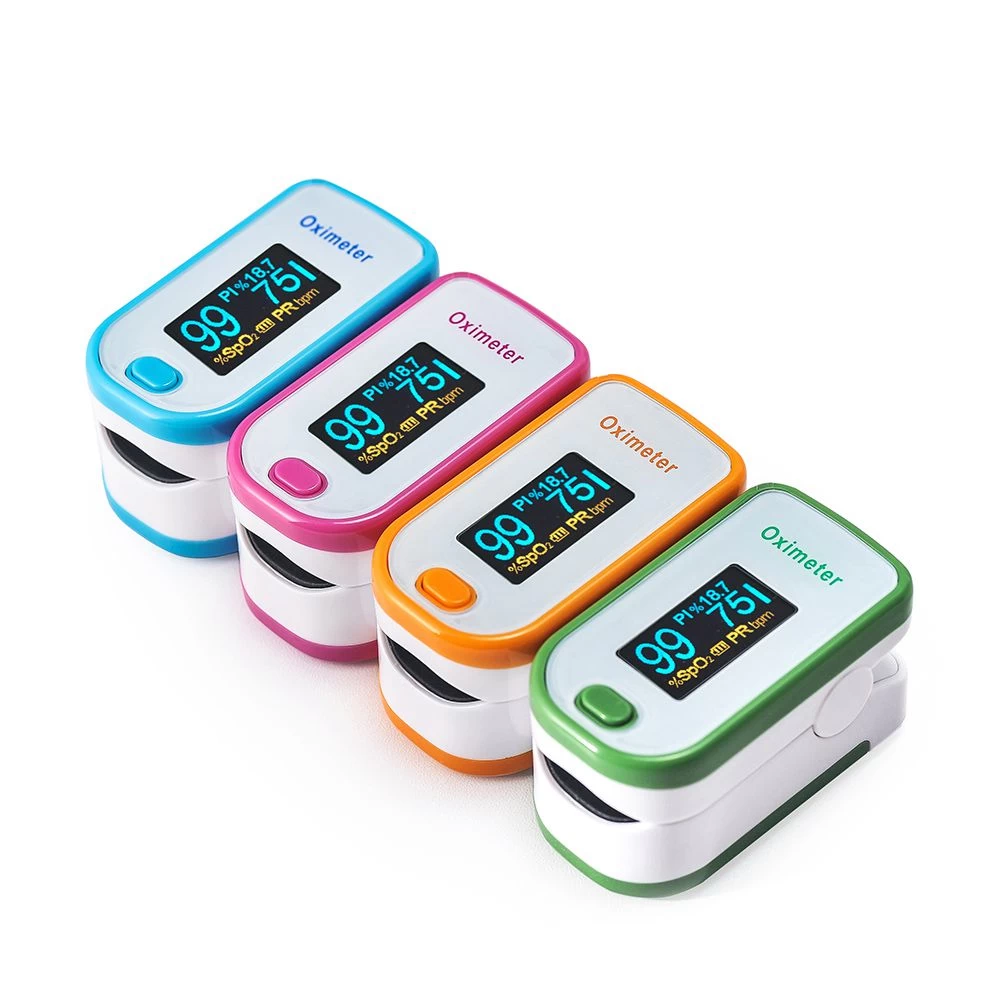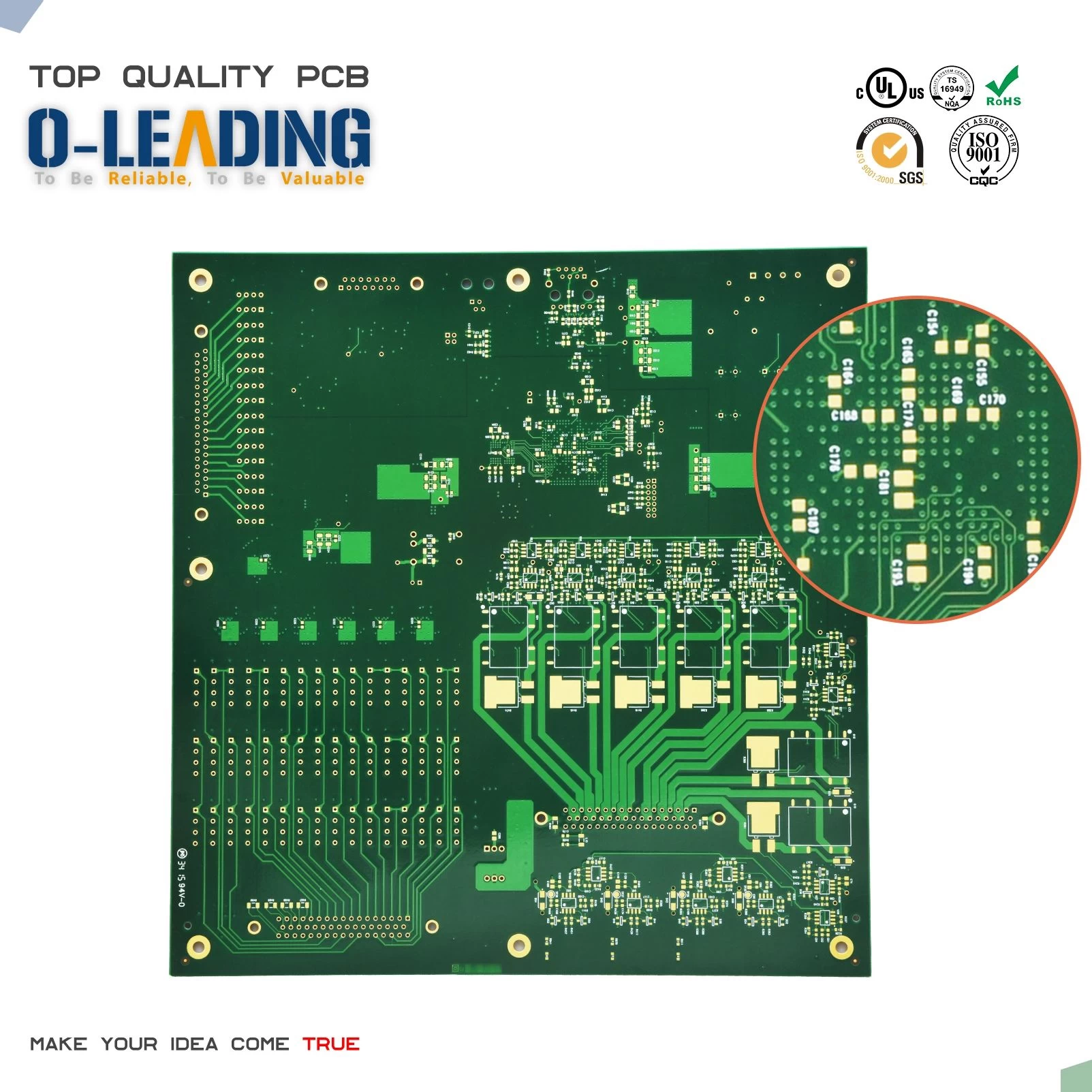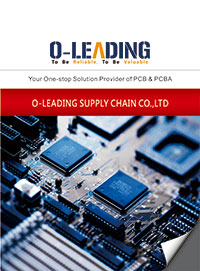How to better prevent board warpage during PCB manufacturing?
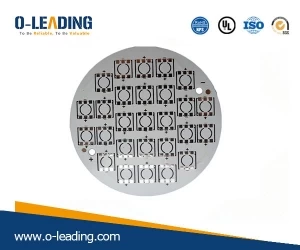
Printed Circuit Board PCB Manufacturing Company
1. Reduce the effect of temperature on the stress of the board
Since temperature is the main source of plate stress, as long as the temperature of the reflow furnace is lowered or the temperature of the plate is increased and cooled in the reflow furnace, the plate bending and the plate warping can be greatly reduced. However, there may be other side effects, such as solder short circuit.
2. Increase the thickness of the board
In order to achieve a lighter and thinner purpose, many electronic products have a thickness of 1.0mm, 0.8mm, or even a thickness of 0.6mm. Such a thickness is such that it is difficult to keep the board from deforming after passing through the reflow furnace. It is recommended that if there is no thin and light requirement, the board should preferably use a thickness of 1.6mm, which can greatly reduce the risk of bending and deformation of the board.
3. Reduce the size of the board and reduce the number of boards
Since most reflow ovens use chains to drive the board forward, the larger the size of the board will be deformed in the reflow oven due to its own weight, so try to place the long side of the board as a board edge. On the chain of the reflow furnace, the deformation of the sag caused by the weight of the circuit board itself can be reduced, and the number of the slabs is also reduced for this reason, that is to say, when the furnace is over, the narrow side is used to cross the furnace direction as much as possible, and the minimum can be achieved. The amount of deformation of the depression.
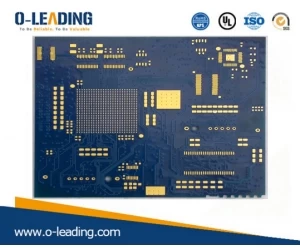
Pcb prototype manufacturer china
4. Use high Tg plate
Tg is the glass transition temperature, that is, the temperature at which the material changes from a glass state to a rubber state. The lower the Tg value, the faster the board starts to soften after entering the reflow oven, and the time to become soft rubbery state. It will also become longer, and the deformation of the board will of course become more serious. Plates with higher Tg can increase their ability to withstand stress and deformation, but the relative materials are also more expensive.
5. Use Router instead of V-Cut
Since V-Cut will destroy the structural strength of the board between boards, try not to use the V-Cut board or reduce the depth of the V-Cut.
6. Use the oven tray fixture
If the above methods are difficult to achieve, the last step is to use the oven tray to reduce the amount of deformation. The reason why the tray can reduce the bending of the plate is because the tray can hold the board regardless of thermal expansion or contraction. After the temperature of the board is lower than the Tg value and then hardened again, the original size can be maintained.
If the single-layer tray can not reduce the deformation of the circuit board, it is necessary to add a layer of cover to clamp the circuit board with the upper and lower layers of the tray, so that the problem of deformation of the circuit board over the reflow furnace can be greatly reduced. However, this oven tray is quite expensive, and it has to be manually placed to place and recycle the tray.
For more information about PCB NEWS, please click the link Printed circuit board supplier.



